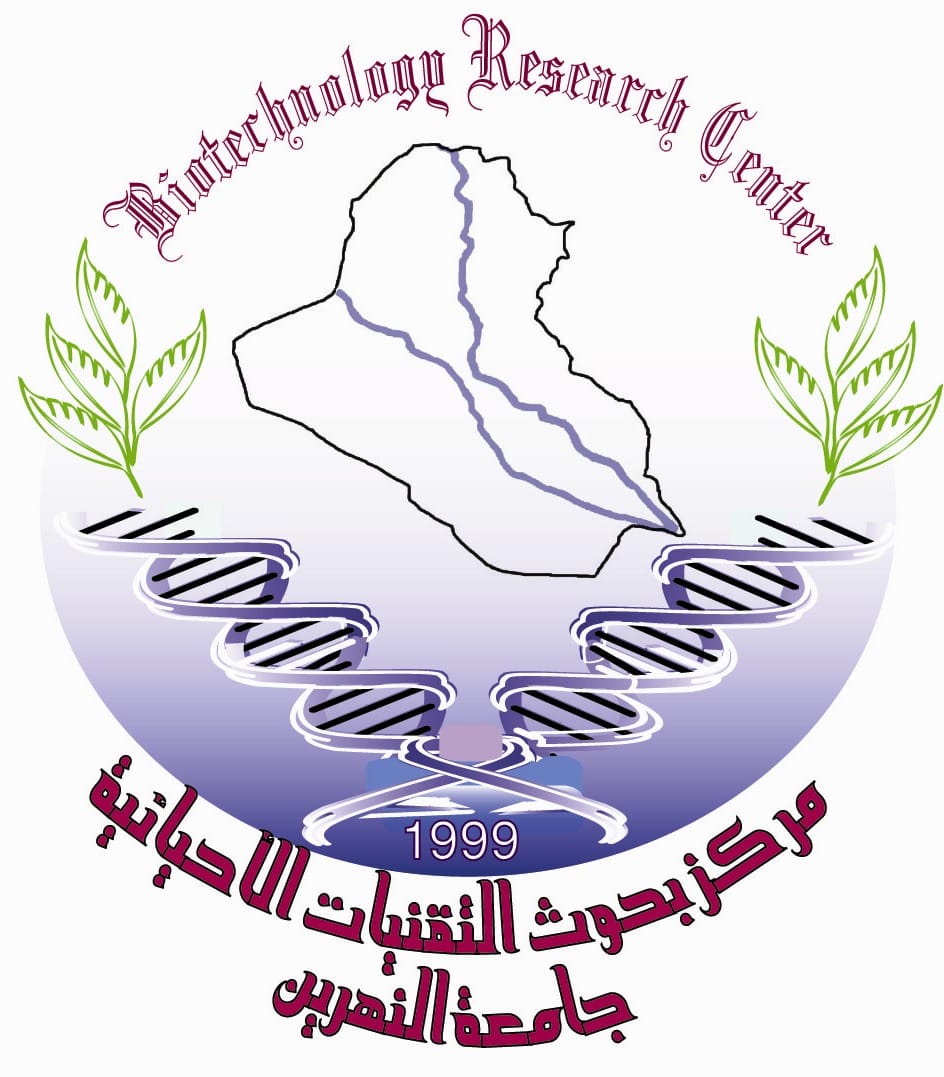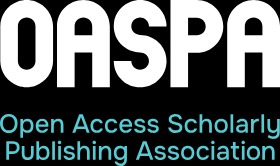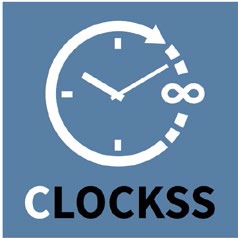Assessing the Anti-mutagenic Potentials of Sage Salvia officinalis L. Leaf Aqueous Extract in Cultured Blood Cells of Acute Lymphocytic Leukaemia Patients Using the Micronucleus Formation Assay
DOI:
https://doi.org/10.24126/jobrc.2011.5.2.158Abstract
three concentrations (250, 500, 1000) µg/ml of sage Salvia officinalis L. leaf aqueous extract were assessed for their anti-mutagenic potentials in cultured blood cells of 10 acute lymphocytic leukaemia (ALL) patients and a similar number of apparently healthy controls. The parameter of assessment was micronucleus (MN) formation, which was either spontaneous or induced by a treatment with the mutagen cytostar 125 µg/ml, and accordingly, eight cultures were set-up. Blood cells in culture I was negative control (untreated cells), while in culture II, the cells were treated with the mutagen cytostar (cytarabine) at a concentration 125 µg/ml. Cultures III, IV and V were treated with the three concentrations of sage extract respectively, while in cultures VI, VII, VIII, interactions between the extract (the three concentrations respectively) and cytosar were carried out. The results demonstrated that ALL patients showed a significant increased frequency of MN formation in the eight cultures as compared to the corresponding cultures in healthy controls. With respect to the spontaneous formation of MN formation (cultures III, IV, V), the three concentrations of sage extract demonstrated a gradual significant reduction of MN frequency in patients (0.0144, 0.0098, 0.0062) MN/cell, respectively and control subjects (0.0104, 0.0076, 0.0038) MN/cell, respectively. In the induction cultures (VI, VII, VIII), a similar reduction was observed and the dose 1000 µg/ml exerted the highest reduction in both patients and controls (0.0108, 0.0086) MN/cell, respectively. These results demonstrate the anti-mutagenic importance of sage leaf aqueous extract.
Downloads
Published
How to Cite
Issue
Section
License
This is an Open Access article distributed under the terms of the creative commons Attribution (CC BY) 4.0 license which permits unrestricted use, distribution, and reproduction in any medium or format, and to alter, transform, or build upon the material, including for commercial use, providing the original author is credited.











